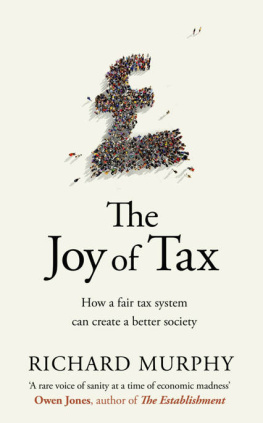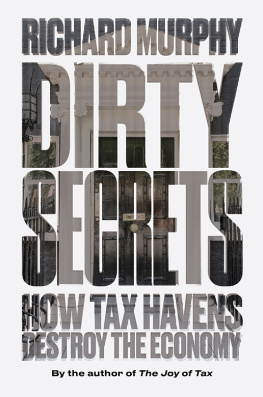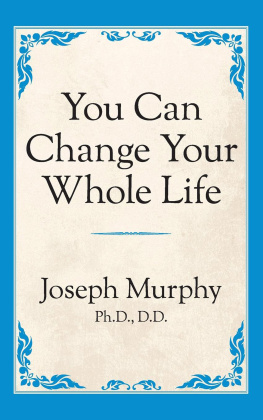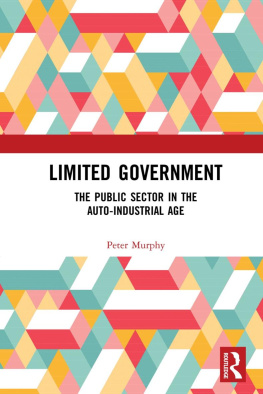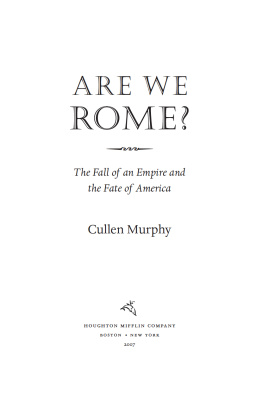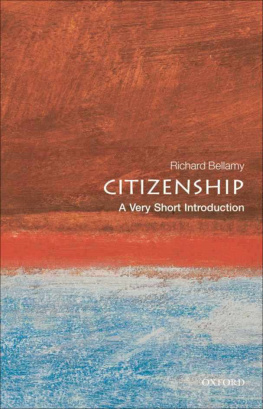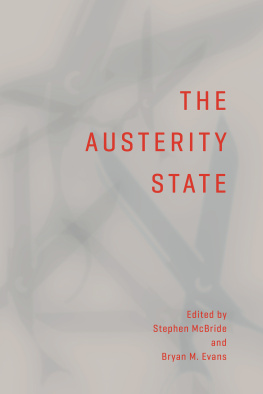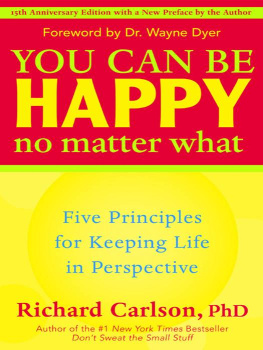About the Book
Tax has been a feature of human society for a very long time. Almost no one gives tax a good press even though, as Richard Murphy argues, it has been fundamental to the development of democracy the world over. Whilst we may not like tax very much, in contrast it is clear that we really do like the public services which governments provide. So much so, in fact, that for most of the last three hundred years, people have been more than happy for governments to run deficits by spending more than they raise in taxation.
2008 apparently changed all that. The issues of debt, deficits, cuts and austerity have dominated the political agenda ever since. Virtually every aspect of the governments finances and how to rearrange them in the forlorn hope of balancing the books has been discussed in great detail. Despite that, there has been almost no real discussion during this period about what tax is for and how it contributes to the creation of the society we aspire to.
In The Joy of Tax, tax campaigner and creator of Corbynomics Richard Murphy challenges almost every idea you have about tax. For him, tax is fundamentally about the ideas that shape the sort of society we want to live in, not technicalities. His intention is to demonstrate that there is indeed a joy in tax, and by embracing it we can create a fairer society and change the world for the better.
Contents
THE JOY OF TAX
How a fair tax system can create a better society
Richard Murphy
To James and Thomas, their friends, and all in their generation, in the hope that this might sort out some of the mess weve made for you.
Introduction
I cant remember when Alex Cobham, now of the Tax Justice Network, joked that I should write a book called The Joy of Tax. I have to thank him for the title, and much else.
For several years the book remained a title without content: occasional drafts came and went but what Ive written took a decade of thinking, more than 11,000 blog posts, and vast numbers of discussions to bring to life over the relatively short period in which it was eventually written.
Who else to thank then? Two colleagues stand out. The first is John Christensen, the director of the Tax Justice Network. We have been on an amazing journey together over the last twelve or so years. And then there is Colin Hines who is the convener of the Green New Deal Group, without whom many of the ideas I have promoted on the broader economic agenda would not have been cajoled into life. Both have been true friends during my campaigning career who have enriched my life far beyond the matters referred to in this book.
Academic colleagues Ronen Palan, Prem Sikka, Anastasia Nesvetailova and Sol Picciotto (professors all) demanded I improve my thinking over the years and each challenged me to go further than I had ever considered I might. I am grateful. As with all others mentioned in this introduction, none have any responsibility for the ideas and errors in this book, which, for better or worse, are all mine.
Howard Reed has been a friend and inspiration on many an occasion: it would be great to do more together. The members of the Green New Deal Group are all also due thanks: they know who they are, with Andrew Simms and Ann Pettifor standing out for special mention.
Some persistent commentators on the Tax Research UK blog, and most especially Ivan Horrocks and Andrew Dickie, encouraged me in my moderating of thousands of comments when that has, on occasion, been a thankless task. I am grateful for their moments of enlightenment.
My friends in Jersey may be surprised that I offer a note of thanks to the politicians of that island who started teaching me about obstinacy in the face of the inevitable from 2005 onwards. Im not sure they will appreciate my thanks. Nor will the many internet trolls who have over the years taught me about the reality of politics in the social media era, even if they never once offered a single useful contribution to the debate.
I owe an enormous debt to those who have funded my work. The trustees of the Joseph Rowntree Charitable Trust showed confidence in me for five years, as did Stephen Pittam and Nick Perks, successive secretaries to that trust. That we shared our Quaker beliefs may have helped. reflects that fact, unashamedly.
The TUC, PCS and Unite all offered support, work and friendship when needed. I am proud to be a chartered accountant and a trade unionist.
Many NGOs also chipped in on the way: occasionally with work, often with support. Christian Aid, Oxfam and Action Aid jump out from the crowd.
My colleagues at the Fair Tax Mark have put up with my variable input whilst the book has been in progress. My special thanks go to Meesha Nehru.
I suspect my agent, Carrie Karnia, and editor at Transworld, Doug Young, shared the doubts of many that this book would ever materialize. But they stuck with it, and the rush with which it has come into being. I look forward to repeating the process with the next idea.
No one deserves more thanks than my wife, Jacqueline, and my sons, James and Thomas. Jacqueline suffered considerable ill health during the gestation period for this book: that it was written as her recovery has progressed is the clearest indication of the way she has been integral to my work.
James and Thomas motivate me. Every morning I wake up thinking that if I have one thing to do it is to make the world a better place for them, their friends and all of their generation. Ultimately they will have to judge whether anything I have said or done has helped achieve that goal. Whatever their eventual view might be this book is for them, with my thanks for becoming the friends to me that both now are, from a father who can never really complain about how much time they spend on their computers because I have always been there just a bit longer.
Richard Murphy
Downham Market
September 2015
Tax and society
It has been said that the only two things in life that are inevitable are death and taxes. I hate to disappoint from the outset, but this is, very obviously, not true.
Death has indeed been inevitable from the moment that life was first known on earth. Life has, apparently, existed for about 3.5 billion years.
However, even that is too generous, because written records have existed for a mere 4,500 years and it is only from those records that we know about tax. Thus taxation may have existed for a lot less time than humans have been around. After all, theres a fair chance that tax was not the first idea we humans hit upon. So Benjamin Franklins famous comment about tax is incorrect: for most of human existence taxation has not been inevitable. In truth most things that are said about taxation are just wrong. This will be a recurring theme of this book.
It is, however, worth noting that we do have written records from about 2500 BC and that some of the earliest, from Mesopotamia, record that tax was a part of life back then, just as it is now. From this it would seem that, while taxes may not be inevitable, they have been a fixture on the agenda of humankind ever since we tried to live in any form of complex society. If thats what Benjamin Franklin meant then we can let him off with his error for the remaining 3,499,995,500 years of living history.
The history of taxation is, in fact, important. If we are to understand what we want from taxation now and that will be another recurring theme of this book then we have to be sure that were not just reinventing that history and what it has to tell us. Thats why I am concentrating on this issue in this first chapter.
Most histories of tax start in the modern era, but it was actually the Babylonians who are the first known to be in on the act despite having some problems to overcome in achieving their aims. In particular they had the slight difficulty that there was no money available to settle tax debt. The relationship between money and tax is of enormous significance, as will explain, but back then paying tax involved payment in kind. That could be in goods. So, payment in sheep and cows was possible. But so too was payment with your own labour; that was the first form of income tax. It is also apparent that other levies such as tariffs on imports and exports existed, paid with a part of the cargo, whilst in 1900 BC there is a record of a person being imprisoned for smuggling. Tax evasion has evidently been on the scene for a very long time.

